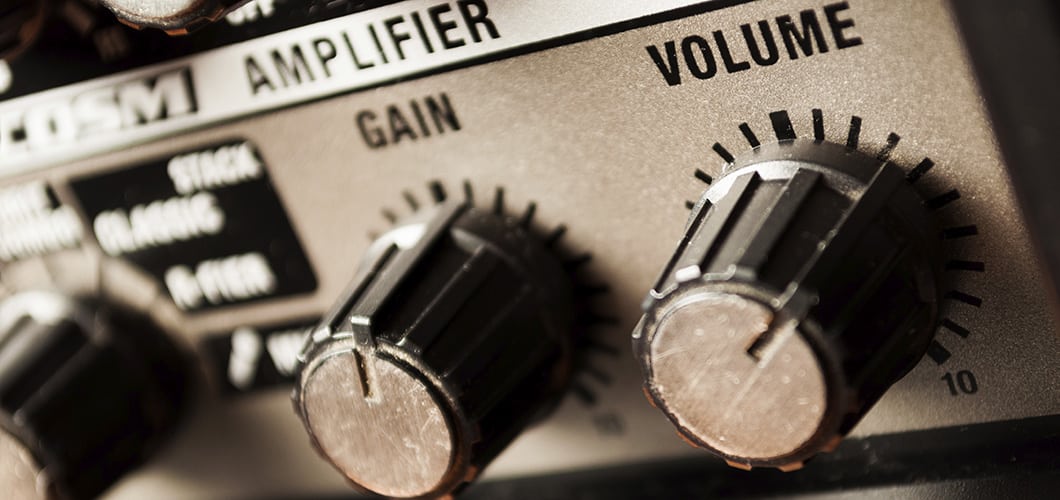NOVEMBER 15, 2013The popularity of social media has taught us that people like to be heard, and the same holds true for employees and customers. The trouble is, many small-business owners don’t know how to effectively listen.
Much of the problem lies in the fact that small-business owners receive little to no training in the art of listening, says Chris Majer, founder and CEO of the Human Potential Project
and author of The Power to Transform: Passion, Power, and Purpose in Daily Life.
[/vc_column_text][vc_column_text]“According to the International Listening Association
, more than 35 studies indicate that listening is a top skill needed for success in business, yet less than 2 percent of all professionals obtain training to improve listening skills,” Majer says. “Listening isn’t taught in any business school, and there are few listening courses available to companies. The subject tends to get dismissed as the dreaded ‘touchy feely’ stuff.”
A Valuable Skill
Overlooking the importance of effective listening can have costly consequences. “Companies lose billions annually,” Majer says. “Listening is an active interpretation that shapes our realities, and it’s the answer to improving employee productivity and increasing business with customers.”
Listening is also the key to managing the mood in a company. “A lack of listening can result in degenerative moods among employees, including mistrust, resignation and resentment,” Majer says, “whereas employees who feel listened to experience improved mood fueled by ambition and confidence, which boosts productivity and ultimately profitability.”
As business owners find themselves dealing with increasingly informed customers thanks to the explosion of technology, it becomes even more critical that they truly listen, Majer says.
“All product information and pricing is available on the Web, which means that a small-business owner’s competitive advantage is no longer found in lower prices,” he says. “Instead, the advantage is in customer service, and the essence of customer service is listening. When you really listen to customers and take their concerns seriously, they’re happy to do business with you, even if your prices are a bit higher.”
Truly listening to customers can lead to substantial increases in business, adds business growth specialist Steve Blue
, who has more than three decades of management and consulting experience.
“Years ago, I launched a new product based on one of my customer’s grumbling about a problem he had that no one was fixing,” says Blue, who is also the president and CEO of Miller Ingenuity
, a railway component solutions company. “The customer mentioned it almost in passing, as if he’d said it a thousand times and nobody listened. But I did. After digging deeper, I formed a partnership where my customer became the product champion and test-bed. The product became wildly successful, earning my company millions and solving a long-standing problem in the industry.”
Listening Tips
Effective listening can open the door to new opportunities, increase revenue, improve customer service and boost employee productivity. And almost everyone can use help fine-tuning or improving their listening skills. So how can you become a better listener? These five tips can help:
1. Forget outdated advice.
“What passes for ‘listening’ training is largely stuff from the 1970s that falls into the category of active listening,” Majer says. “That pointless practice calls for the listener to pay attention to what is said and repeat statements. For instance: ‘What I heard you say is that Bob is going to be late with the report because his printer isn’t working.’ This technique teaches people to be parrots, missing the entire point and possibility.”
2. Interpret what you hear.
True listening involves hearing plus interpreting, and it’s what people automatically do anyway, Majer says. “For example, regarding the statement about Bob and the printer, it would be more useful to share an interpretation: ‘I heard what you said about Bob, and I interpreted that he’s lazy and is once again dishing up some lame excuse for not getting his work done on time.’ ”
3. Clarify what you heard the other person say.
Blue shares that his business partner in Brazil, who speaks reasonably good English but isn’t fluent, does a great job of listening and clarifying. “Whenever we talk about something important, he’ll say, ‘Let me be sure I understood you perfectly,’ and then he’ll paraphrase what I said in his own jargon and tell me what he thinks it means.” That works well for people who speak the same language, too, because then both individuals are assured that they’re being heard and understood.
4. Ask open-ended questions.
You can open the door to deeper communication by asking questions that encourage interpretation, such as these: Tell me what you make of what I just said, What did you think I meant by that? or How did that affect your thinking?
5. Validate what you heard.
“Clients want to be heard and validated,” says Merilee Kern, owner of PR agency Kern Communications
. “It’s imperative to receive a client’s input with enthusiasm and due respect, even when the input is uninvited or far off the mark,” Kern says, noting that no appropriate response starts with the word no. “Applaud the client or customer for their effort, and mold and re-direct the input toward an idea that may be better suited for the desired outcome.”
Listening doesn’t always mean agreeing, Majer clarifies. “I can listen to a point of view and not agree with it or act in accordance,” he says. “What matters is that I’m attentive and engaged, and that the customer or employee maintains dignity.”
Julie Bawden-Davis is a freelance writer who has written for numerous publications, including Entrepreneur, Better Homes & Gardens and Family Circle.
Read more articles on leadership skills.
Photo: Thinkstock

